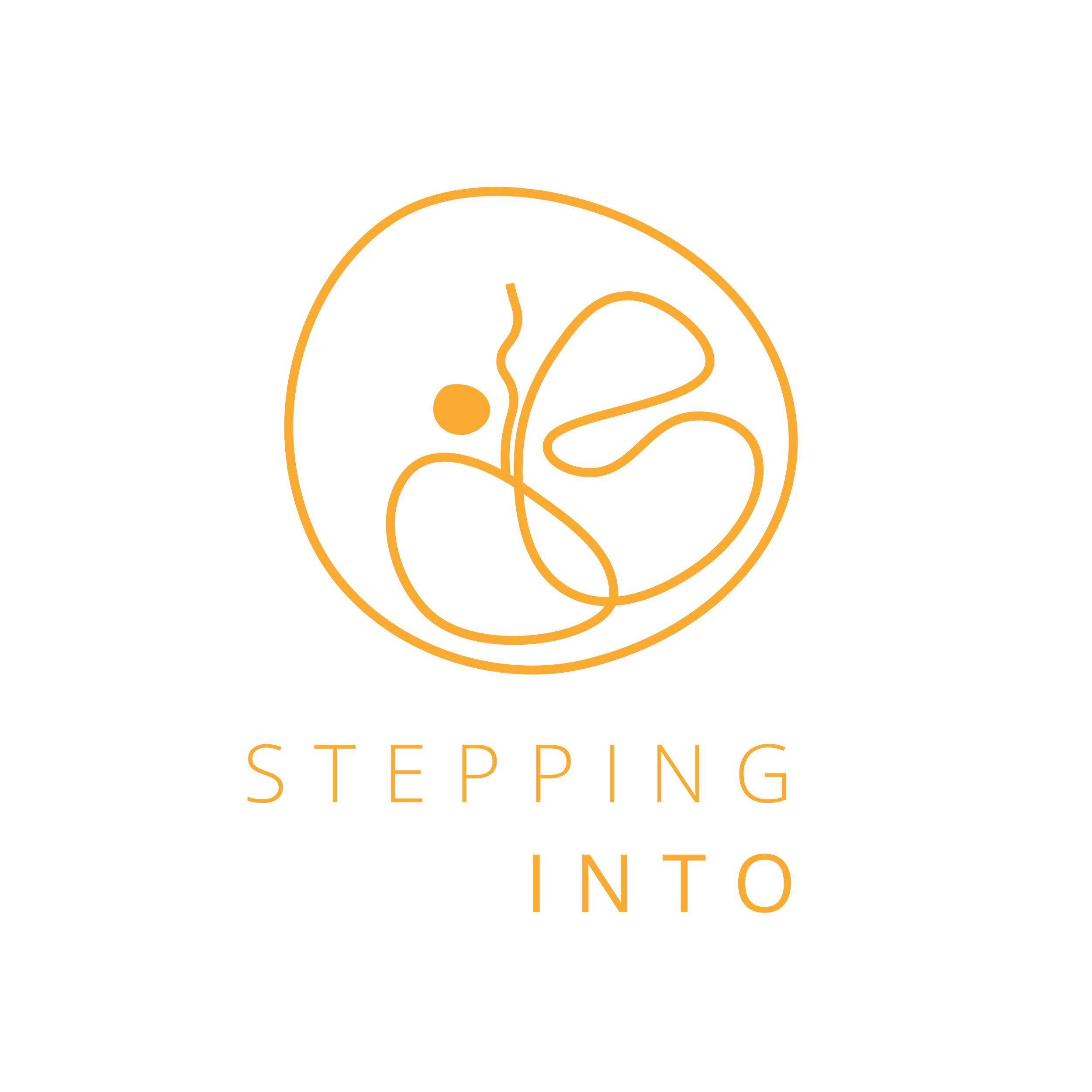The Gut Revolution
The Gut Revolution: How Understanding Your “Second Brain” Can Transform Your Health
For years, gut health was largely overlooked in the grand scheme of wellness. It was seen as the body’s digestive engine—a simple system that broke down food and eliminated waste. But today, scientific research on the gut microbiome has revealed something far more profound: our gut is a living, breathing ecosystem that plays a vital role in nearly every aspect of our physical and mental health.
Over the past two decades, studies have shown strong connections between the gut microbiome and our immune system, mental health, stress levels, and even the condition of our skin health. This isn’t just another wellness trend; it’s a paradigm shift in how we understand the human body, from the inside out.
The Gut as Our “Second Brain”
Often called our "second brain", the gut contains an intricate web of neurons known as the enteric nervous system. This system communicates constantly with the brain through the gut-brain axis, a two-way information highway that influences mood, anxiety, and cognitive function.
This connection explains why gut-friendly foods, healthy digestion, and a balanced gut microbiota are so crucial, not just for physical wellbeing but for emotional resilience and mental clarity as well.
Microbes: Tiny Powerhouses with a Big Impact
Within the gut lies a world of trillions of microbes, beneficial bacteria, viruses, fungi, and other microorganisms that collectively make up the human microbiome. These microbes are responsible for producing vitamins, aiding digestion, regulating metabolism, and supporting immune responses.
When this microbial community is balanced, we thrive. But when it becomes imbalanced—due to poor diet, antibiotics, chronic stress, or lack of sleep, issues like bloating, brain fog, digestive disorders, and even inflammation can arise.
Stress, Immunity, and the Gut Connection
Perhaps one of the most eye-opening discoveries in recent years is how deeply gut health affects immunity and stress regulation. Chronic stress can disturb the gut microbiome, leading to increased inflammation, leaky gut syndrome, and weakened immune defenses.
On the flip side, a diverse and thriving microbiome can help regulate cortisol (the stress hormone), enhance your body’s ability to respond to challenges, and support a more balanced nervous system. In short, nurturing your gut means building resilience from the inside out.
What This Means for You
Optimizing your digestive health isn’t just about what you eat, it’s also about how and where you eat. Start with these gut-friendly habits:
Eat a diverse, fiber-rich diet that includes whole grains, legumes, vegetables, nuts, and seeds.
Avoid ultra-processed foods that disrupt the microbiome.
Add fermented foods like kefir, kimchi, sauerkraut, and yogurt to your routine, they’re rich in natural probiotics.
Consider a high-quality probiotic supplement, especially if you've recently taken antibiotics.
Choose a calm, distraction-free environment when eating.
Eat your last meal at least 3 hours before bedtime to give your body time to digest and prevent overnight bloating, reflux, nighmares or disrupted sleep—all of which can affect gut health.
Practice mindful eating, slow down, savor each bite, and eat without screens or devices.
Support your gut with regular movement, quality sleep hygiene, and stress-reduction techniques like meditation or breathwork.
These small, daily rituals create the foundation for better digestion, improved energy, and stronger mental health.
Final Thoughts
The science of the gut-brain connection and microbiome health is more than just fascinating—it’s revolutionary. Your gut is not just an organ; it’s an intelligent system, intricately connected to your brain, immune system, and emotional wellbeing.
As more research continues to uncover the wide-reaching effects of gut wellness, one thing becomes increasingly clear: by caring for our second brain, we’re making an investment in our full-body health and happiness.
